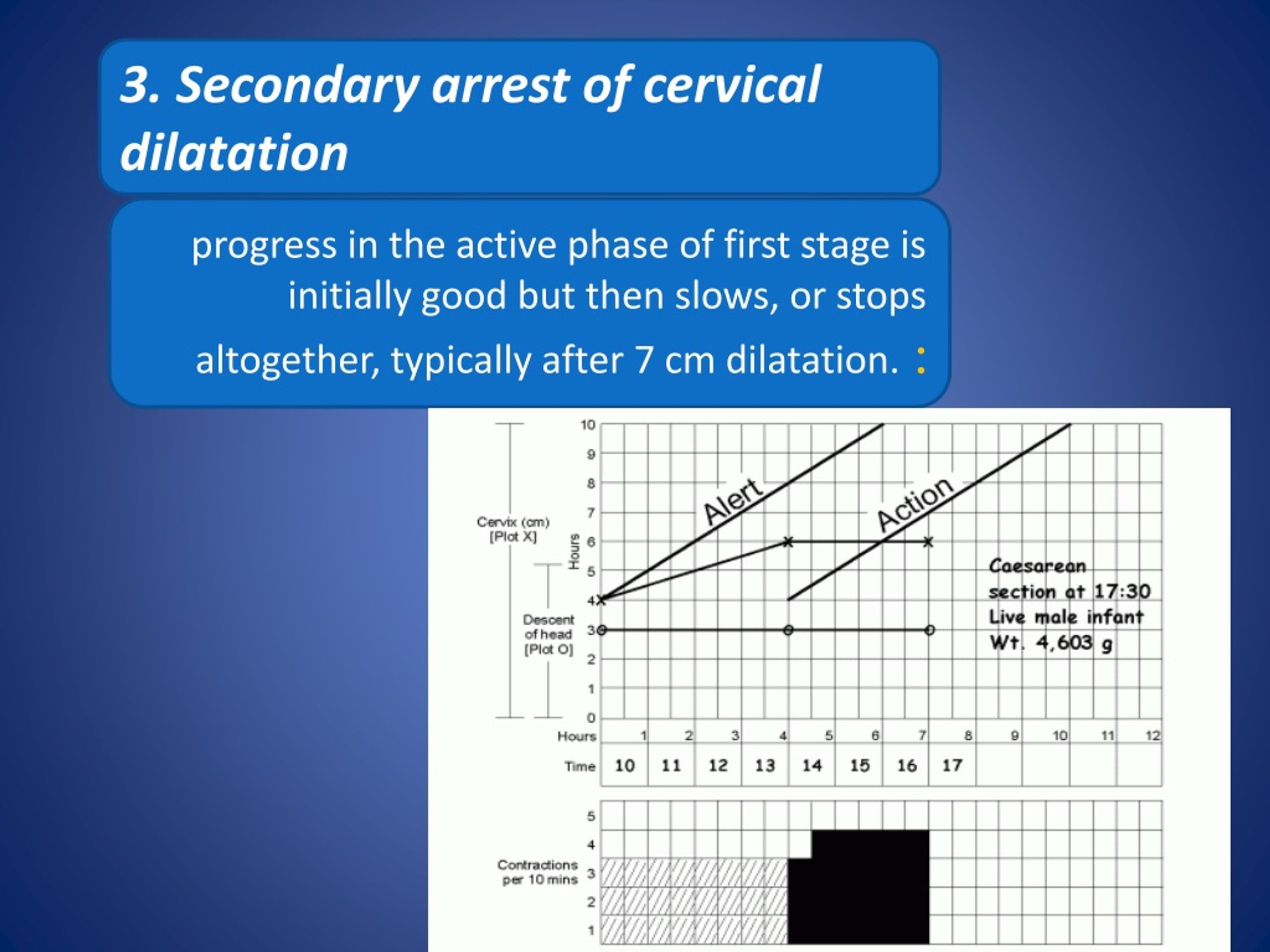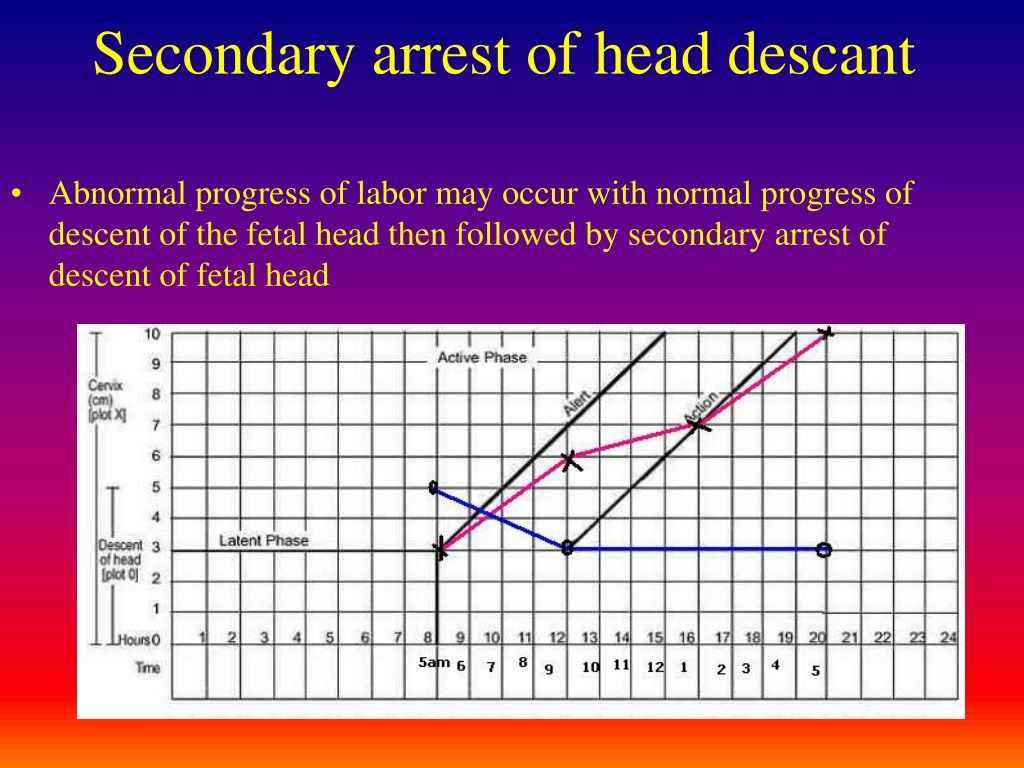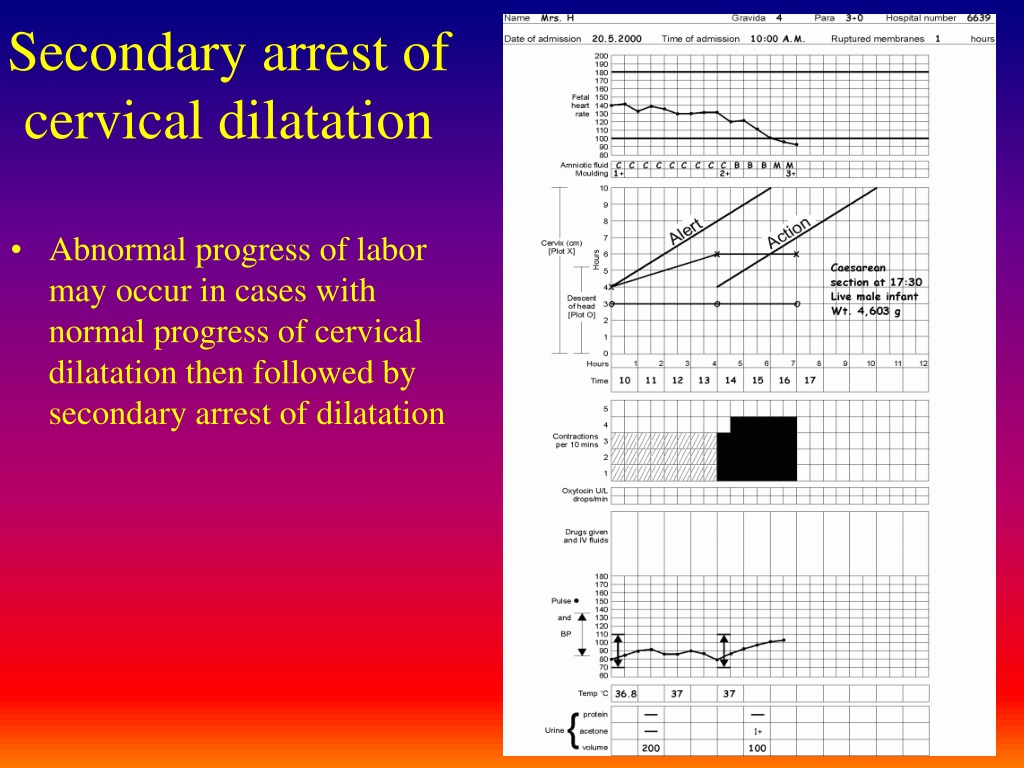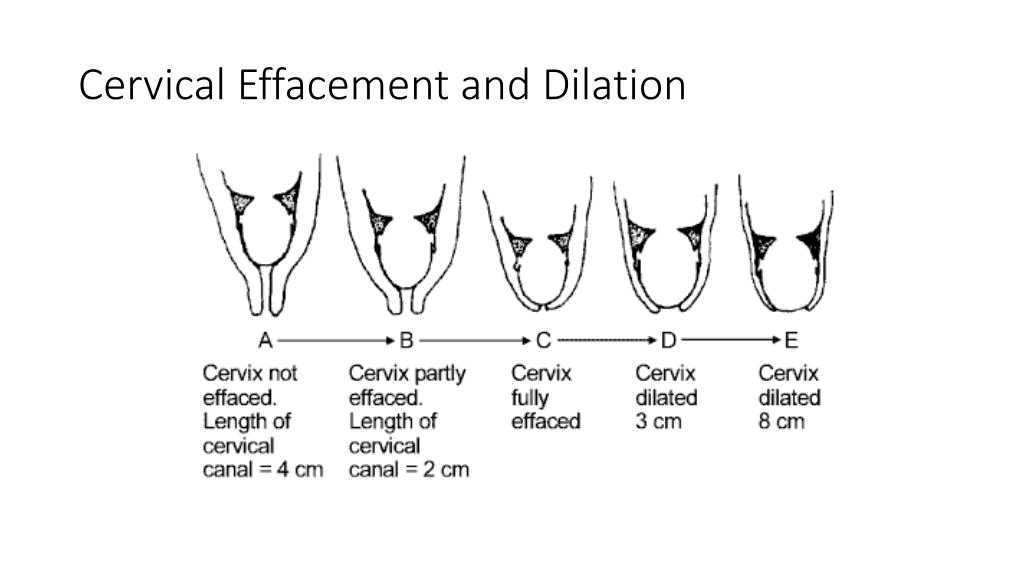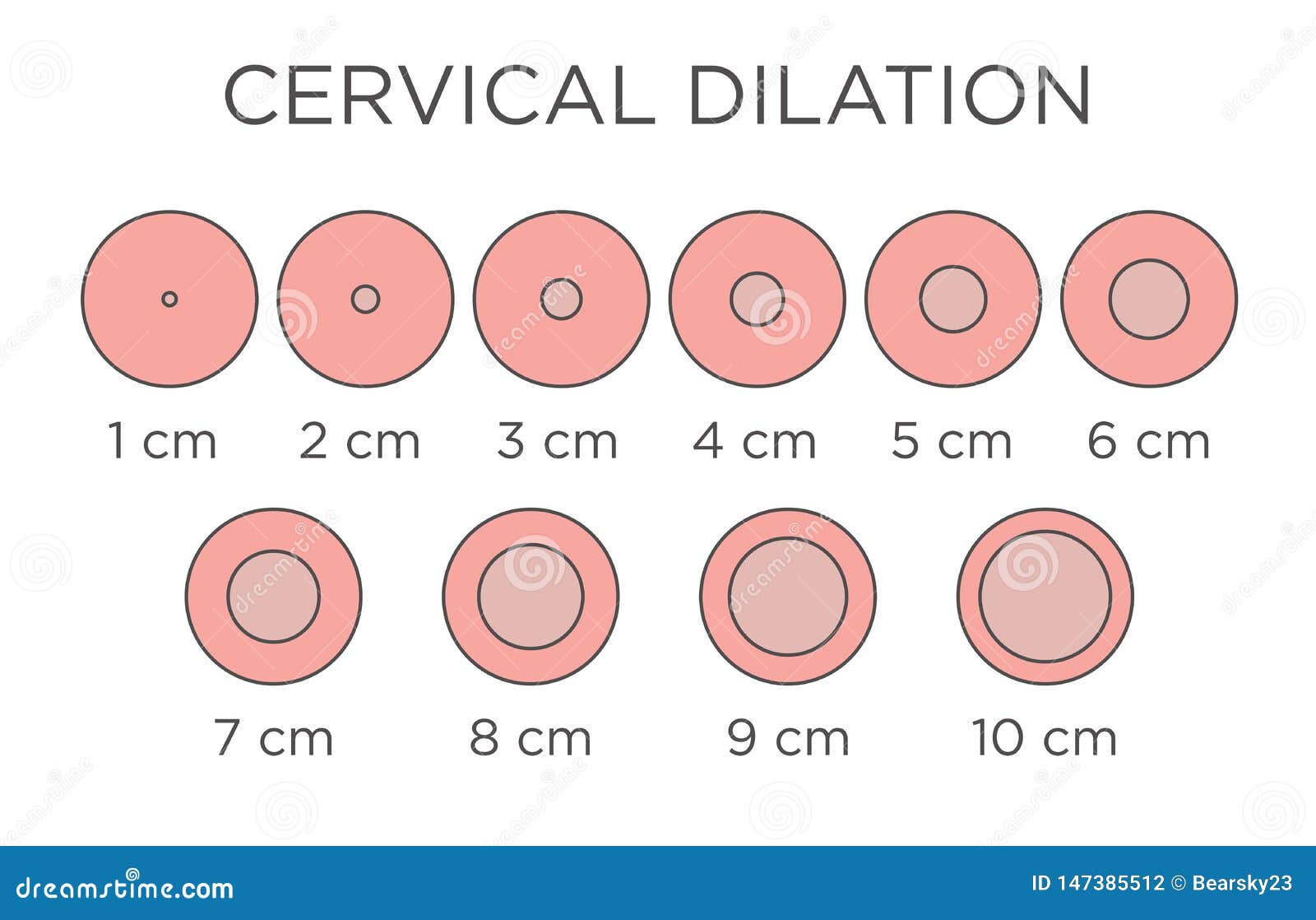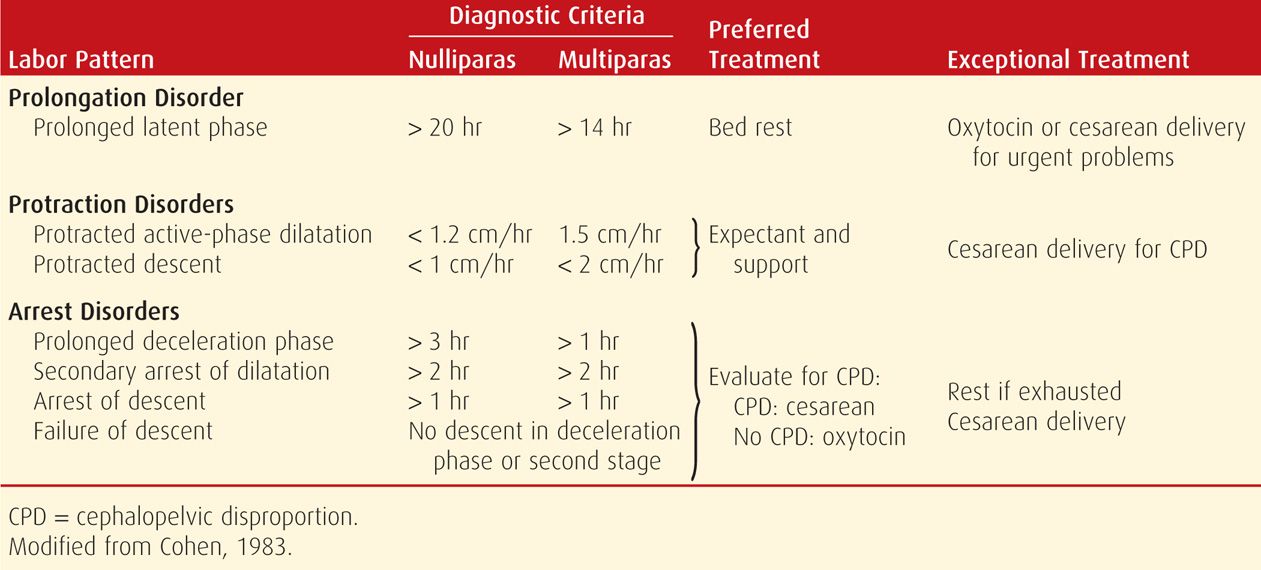Arrest Cervical Dilatation - Acog suggests that active phase arrest of labor be defined as no progression in cervical dilation in patients who are at least 6. Labor is defined as regular and painful uterine contractions that cause progressive dilation and effacement of the. Protracted labor is abnormally slow cervical dilation or fetal descent during the first or second stage of labor. Arrested labor is a complete.
Protracted labor is abnormally slow cervical dilation or fetal descent during the first or second stage of labor. Labor is defined as regular and painful uterine contractions that cause progressive dilation and effacement of the. Arrested labor is a complete. Acog suggests that active phase arrest of labor be defined as no progression in cervical dilation in patients who are at least 6.
Protracted labor is abnormally slow cervical dilation or fetal descent during the first or second stage of labor. Arrested labor is a complete. Acog suggests that active phase arrest of labor be defined as no progression in cervical dilation in patients who are at least 6. Labor is defined as regular and painful uterine contractions that cause progressive dilation and effacement of the.
Refining the clinical definition of active phase arrest of dilation in
Acog suggests that active phase arrest of labor be defined as no progression in cervical dilation in patients who are at least 6. Arrested labor is a complete. Protracted labor is abnormally slow cervical dilation or fetal descent during the first or second stage of labor. Labor is defined as regular and painful uterine contractions that cause progressive dilation and.
Prolonged labour. ppt download
Arrested labor is a complete. Protracted labor is abnormally slow cervical dilation or fetal descent during the first or second stage of labor. Labor is defined as regular and painful uterine contractions that cause progressive dilation and effacement of the. Acog suggests that active phase arrest of labor be defined as no progression in cervical dilation in patients who are.
PPT Abnormal Labor Diagnosis and Management PowerPoint Presentation
Labor is defined as regular and painful uterine contractions that cause progressive dilation and effacement of the. Arrested labor is a complete. Acog suggests that active phase arrest of labor be defined as no progression in cervical dilation in patients who are at least 6. Protracted labor is abnormally slow cervical dilation or fetal descent during the first or second.
PPT Partograph PowerPoint Presentation, free download ID9372893
Arrested labor is a complete. Acog suggests that active phase arrest of labor be defined as no progression in cervical dilation in patients who are at least 6. Labor is defined as regular and painful uterine contractions that cause progressive dilation and effacement of the. Protracted labor is abnormally slow cervical dilation or fetal descent during the first or second.
PPT Partograph PowerPoint Presentation, free download ID9372893
Protracted labor is abnormally slow cervical dilation or fetal descent during the first or second stage of labor. Labor is defined as regular and painful uterine contractions that cause progressive dilation and effacement of the. Acog suggests that active phase arrest of labor be defined as no progression in cervical dilation in patients who are at least 6. Arrested labor.
Cervical Dilation Finger Chart
Protracted labor is abnormally slow cervical dilation or fetal descent during the first or second stage of labor. Labor is defined as regular and painful uterine contractions that cause progressive dilation and effacement of the. Arrested labor is a complete. Acog suggests that active phase arrest of labor be defined as no progression in cervical dilation in patients who are.
Practical partography
Arrested labor is a complete. Protracted labor is abnormally slow cervical dilation or fetal descent during the first or second stage of labor. Labor is defined as regular and painful uterine contractions that cause progressive dilation and effacement of the. Acog suggests that active phase arrest of labor be defined as no progression in cervical dilation in patients who are.
Cervical Dilatation Chart
Protracted labor is abnormally slow cervical dilation or fetal descent during the first or second stage of labor. Labor is defined as regular and painful uterine contractions that cause progressive dilation and effacement of the. Arrested labor is a complete. Acog suggests that active phase arrest of labor be defined as no progression in cervical dilation in patients who are.
Abnormal Labor Obgyn Key
Arrested labor is a complete. Labor is defined as regular and painful uterine contractions that cause progressive dilation and effacement of the. Acog suggests that active phase arrest of labor be defined as no progression in cervical dilation in patients who are at least 6. Protracted labor is abnormally slow cervical dilation or fetal descent during the first or second.
NITMED TUTORIALS THE WHO PARTOGRAPH PARTOGRAPH NITMED TUTORIALS
Labor is defined as regular and painful uterine contractions that cause progressive dilation and effacement of the. Arrested labor is a complete. Protracted labor is abnormally slow cervical dilation or fetal descent during the first or second stage of labor. Acog suggests that active phase arrest of labor be defined as no progression in cervical dilation in patients who are.
Protracted Labor Is Abnormally Slow Cervical Dilation Or Fetal Descent During The First Or Second Stage Of Labor.
Labor is defined as regular and painful uterine contractions that cause progressive dilation and effacement of the. Arrested labor is a complete. Acog suggests that active phase arrest of labor be defined as no progression in cervical dilation in patients who are at least 6.


